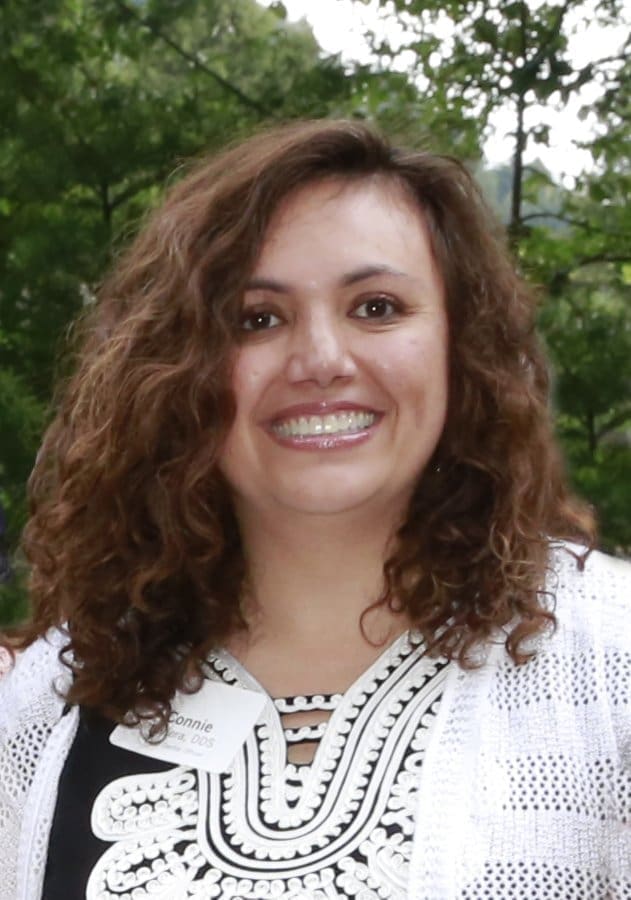Program Highlight
Our Dental Bravery Coach Program
Q&A with Connie Kadera, DDS
Chief Dental Officer

Q.
What is the Dental Bravery Coach Program?
A.
This is a special program that we provide in collaboration with our Behavioral Health Division to help kids and adults who have anxieties about going to the dentist. We identify patients who are having issues and bring in a Clinics social worker who uses special techniques to help.
Q.
Why did the Clinics create this program?
A.
Many of us don’t like going to the dentist – primarily because we are anxious about discomfort and pain. For some time, we’ve observed that many of the kids and adults we treat in our Dental Clinics come with extremely strong fears about being in the dental chair. But it goes beyond that; while we are providing care, they often open up about their life issues.
They may have observed or been victims of physical violence or had negative experiences with dental care in the past, so that having someone (even a dental professional) touch them is frightening. The parents, who usually accompany their children, often project their own fears and anxieties on the children, who are generally fine when they first arrive. The end result: patients can freeze in the dental chair or even refuse care, so dental health becomes difficult to achieve.
Q.
How does your Whole Person Care approach fit in?
A.
One of the great things about our Clinics is the integrated care and our approach to Whole Person Care. In the past, we would refer patients to our Behavioral Health team to help manage the anxiety. Last year, we piloted a program with Clinics social worker Pia Litz, LCSW, to provide more structured support. It was so successful that it is now a permanent part of our care.
Q.
How does it work?
A.
We are fortunate to now have Caitlin Greenberg, LCSW, a bilingual/bicultural licensed clinical social worker, as a dedicated member of the dental team. When the staff identifies a patient or family that seems anxious, we contact her and a coaching appointment is made. After determining the root of the problem, she may suggest family counseling sessions or teach relaxation techniques such as breathing exercises.
Not every patient expresses their anxieties, so we are planning to conduct anxiety screening with all of our patients and offer this service to everyone who comes in our doors.
Q.
What kind of results are you seeing?
A.
Having a social worker in place is clearly making a difference. Our patients are very open to help – they want to overcome their fears and get the dental work done. Already, the staff is reporting that patients seem calmer and that it’s easier to perform the work. It’s good for everyone!

